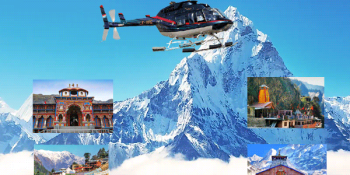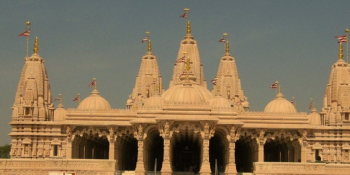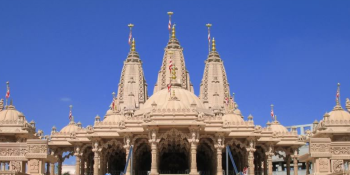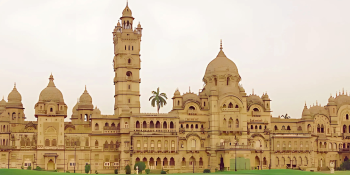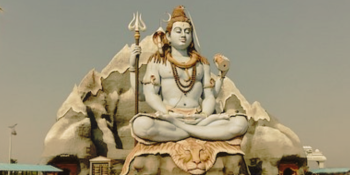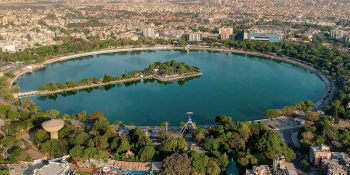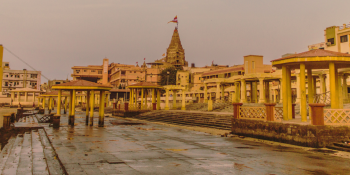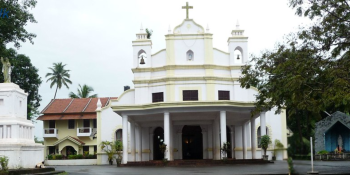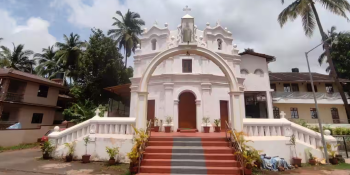Chennai, the capital city of the southern Indian state of Tamil Nadu, is a vibrant melting pot of cultures, traditions, and influences that have shaped its unique identity over the centuries. From its rich history as a major port city to its modern-day status as a bustling metropolis, Chennai reflects a tapestry of cultural fusion that is both fascinating and diverse.
One of the most prominent cultural elements of Chennai is its deep-rooted connection to the ancient Dravidian civilization. The city’s architectural marvels, such as the magnificent temples of Kapaleeshwarar and Parthasarathy, stand as testament to this heritage. These temples not only serve as religious centers but also as repositories of art, music, and dance forms that have been passed down through generations.
Chennai’s cultural landscape is also heavily influenced by its colonial past. The British East India Company established Fort St. George in the 17th century, laying the foundation for British rule in the region. This colonial legacy is evident in the city’s architecture, with landmarks like the Madras High Court and the Senate House reflecting British colonial design. Additionally, English has become widely spoken in Chennai, further highlighting the city’s colonial heritage.
However, Chennai’s cultural fusion extends far beyond its Dravidian and colonial roots. As a major trading hub, the city has welcomed people from various parts of India and beyond, resulting in a rich tapestry of cultural diversity. The influence of Telugu, Kannada, Malayalam, and Hindi-speaking communities is palpable in Chennai’s language, cuisine, and customs. Each community has contributed its own unique traditions, adding depth and flavor to the city’s cultural mosaic.
One of the most celebrated aspects of Chennai’s cultural fusion is its culinary scene. The city’s cuisine is a delightful blend of flavors from across South India, featuring dishes like dosa, idli, and sambar that are beloved by locals and visitors alike. However, Chennai’s culinary offerings also reflect its cosmopolitan nature, with restaurants serving everything from North Indian cuisine to Chinese and continental fare. Street food stalls dot the city, offering an array of tantalizing treats that cater to every palate.
Chennai’s cultural fusion is perhaps most vibrantly expressed through its festivals and celebrations. The city comes alive during festivals like Pongal, the harvest festival celebrated with fervor across Tamil Nadu. During Pongal, streets are adorned with colorful kolam (rangoli) designs, and families come together to cook traditional dishes and exchange gifts. Similarly, festivals like Diwali, Eid, and Christmas are celebrated with enthusiasm, bringing people of all backgrounds together in a spirit of joy and camaraderie.
The arts play a significant role in Chennai’s cultural landscape, with the city being a hub for classical music, dance, and theater. Carnatic music, one of the oldest forms of classical music in the world, thrives in Chennai, with renowned musicians performing at prestigious venues like the Music Academy. Bharatanatyam, a classical dance form that originated in Tamil Nadu, is also deeply ingrained in Chennai’s cultural fabric, with numerous dance schools and performances showcasing its beauty and grace.
In conclusion, Chennai’s cultural fusion is a testament to the city’s rich and diverse heritage. From its ancient Dravidian roots to its colonial legacy and cosmopolitan present, Chennai embraces a multitude of influences that have shaped its identity over the centuries. This cultural tapestry is evident in every aspect of life in the city, from its architecture and cuisine to its festivals and arts. Chennai truly stands as a shining example of unity in diversity, where people from all walks of life come together to celebrate the richness of their shared heritage.
